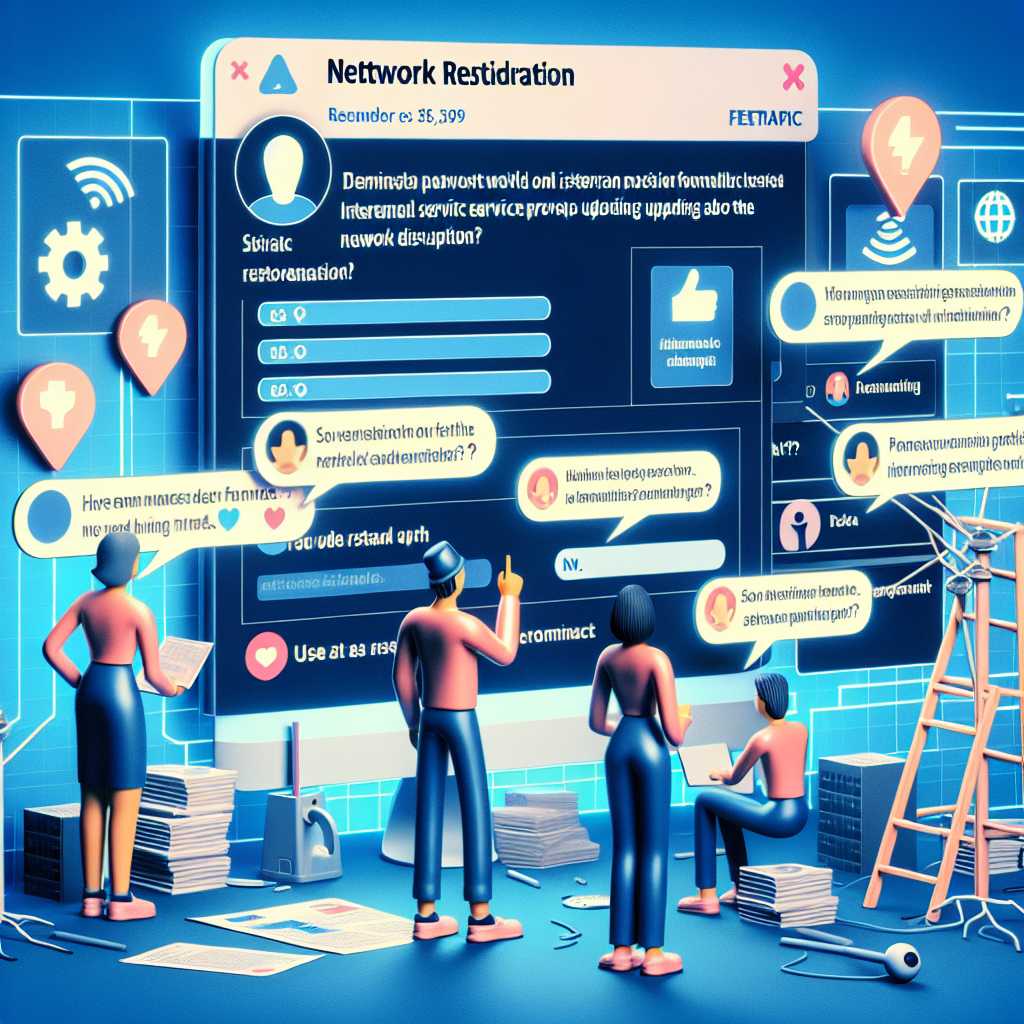Verizon Fios Outage: Assessing the Impact and Response to Network Downtime
The technology-enabled world of today gravitates around consistent and reliable internet connectivity. Businesses, healthcare services, educational institutions, and everyday life are all increasingly dependent on such services, making outages more than just a minor inconvenience. The recent Verizon Fios outage lit up social media with reports of interruptions, causing ripple effects across different sectors and communities. This article delves deep into the event itself, the response from Verizon Fios, the impact on consumers and businesses, and considerations for future infrastructure resilience.
Understanding Verizon Fios Outage: Causes and Scale
Verizon Fios is known for providing high-speed internet, telephone, and television services over a fiber-optic communications network. An interruption to such services can be caused by a multitude of factors including hardware failure, software issues, planned maintenance, or damage to physical infrastructure due to natural disasters or inadvertent human actions such as the accidental cutting of a cable.
When assessing this particular outage, it is critical to distinguish between localized down times, which may affect individual households or blocks, and broader network interruptions that may impact entire regions. The Verizon Fios outage had instances of both, underscoring the complexity of diagnosing and addressing the problem efficiently.
Response from Verizon Fios to Outage Concerns
Communications companies like Verizon typically have protocols in place to deal with service interruptions rapidly to minimize downtime. The engagement and response level from the provider during an outage are as critical as the technical solutions applied to rectify the problem.
Verizon Fios responded via their customer service channels and social media platforms acknowledging the issue and assuring customers that technicians were addressing the problem. They also provided continuous updates on recovery efforts which is an essential part of maintaining customer trust during an outage. However, consumers expect not just information but rapid restoration of service, thereby placing scrutiny on the efficiency of Verizon’s response mechanisms.
Impact of Verizon Fios Outage on Consumers and Businesses
The immediate effect of such outages is often visible on consumer satisfaction levels. Disconnections from work-from-home setups or disruption to online entertainment platforms result in frustration among individual consumers. During this outage too, many users expressed their difficulties via forums and social media platforms.
The impact on businesses can be significantly more severe given their dependence on constant connectivity. An internet outage can halt sales for e-commerce sites, disrupt cloud-based work processes, hamper digital trading platforms, delay customer service responses, and potentially lead to data security vulnerabilities due to systems suddenly going offline.
Considerations for Future Infrastructure Resilience
An acknowledgment of the increasing reliance on digital infrastructures dictates that provider systems are designed with robustness in mind. As such, it is crucial for companies like Verizon not only to respond efficiently to crises but also to take proactive measures to prevent them.
Measures include comprehensive risk assessments, updating aging infrastructure, incorporating redundancy systems, and ensuring that customer support resources are scaled adequately during disruptions. Planning for such events involves imagining the most severe scenarios – covering everything from cyberattacks to natural disasters.

